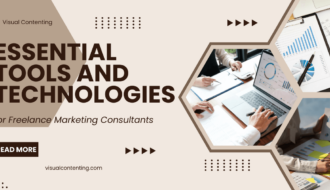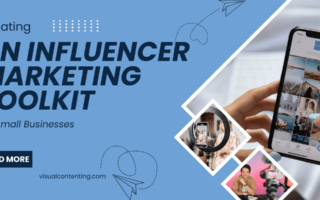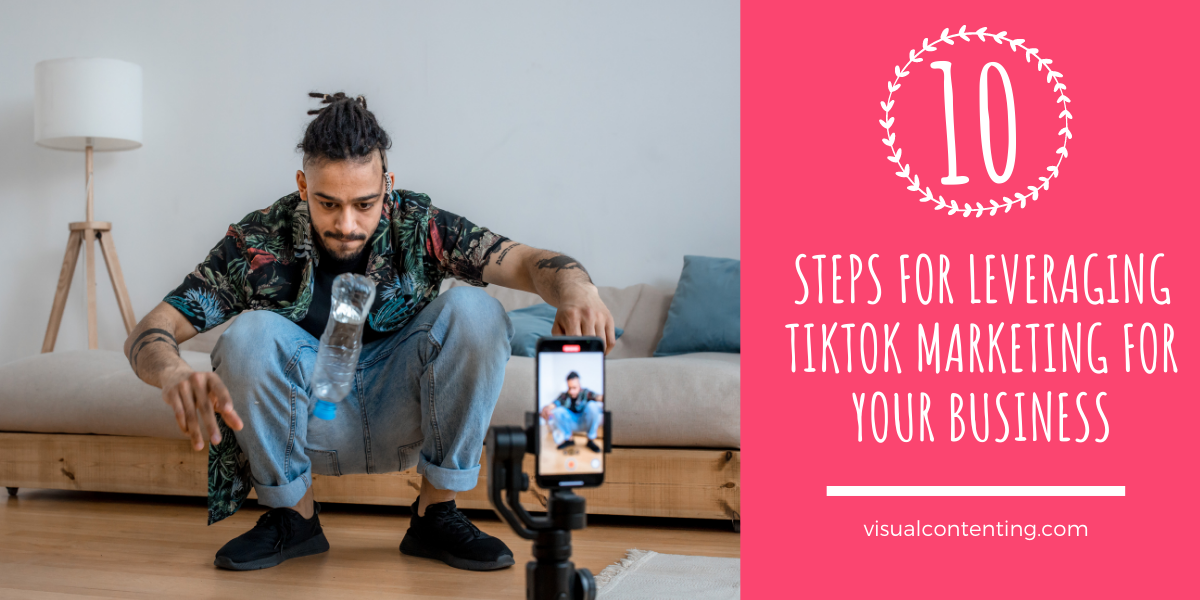Over time, most businesses have introduced a number of different sales and marketing strategies to help increase their lead generation and customer acquisition capabilities. However, while many of these techniques remain effective across various industry sectors, B2G (business-to-government) selling operates under a different set of principles.
Government agencies are required to adhere to distinct regulations and procedures when selecting the vendors they work with. This, coupled with evolving purchasing techniques and new approaches to relationship development, requires a new take on how businesses approach this B2G market.
Meet the New Generation of Government Buyers
The new generation of government buyers and procurement specialists have an important and demanding role in their organizations. Tasked with overseeing essential budgets, they need to ensure that every dollar spent delivers maximum value and contributes to a strong return on investment for the organizations they work for.
This has meant that, to a certain extent, flashy marketing brochures and persistent cold calling don’t sway purchasing decisions the way they used to. Today's government buyers are far more discerning and informed than they used to be. They demand transparency, accountability, and a clear demonstration of value before committing to any purchase.
In response to this shift, businesses need to abandon outdated, generic sales strategies and embrace a customized approach.

Renewed Focus on Data Privacy
Government agencies are under immense pressure to protect sensitive information housed in their organization. Citizens are increasingly concerned about the privacy of their data, making it critical for procurement specialists to prioritize solutions that put security first.
While many governments are modernizing their communication and data storage methods, all types of digital transformation efforts expand their attack surface and introduce new cybersecurity risks. To mitigate these threats, agencies are laser-focused on data security and privacy when evaluating their solutions.
Businesses looking to partner with government agencies should prioritize the development of more secure and sustainable products and services. By adopting a security-first design process, businesses can demonstrate their commitment to protecting all forms of information and help to earn the trust of government procurement teams.
Establishing Your Business as a Subject Mater Expert (SME)
When government agencies are looking for new solutions, they often start looking for vendors with a proven track record and an established understanding of the industry and their needs. While having a company website can help in this area, it takes more to truly differentiate a brand in a crowded marketplace.
Government buyers today prioritize partnering with subject matter experts (SMEs) who they know are knowledgeable in the areas they’re researching. To establish this credibility, businesses should showcase their expertise by working to establish a presence in reputable publications or relevant industry associations.
Vendors can greatly improve their buyer engagement by providing unique perspectives and expert advice across different mediums. This approach helps potential clients gain more confidence in a vendor's ability to provide the products and services they need.
Priorities Placed on Sustainable Businesses
Government agencies are subject to public scrutiny regarding their choices and the various initiatives they support. Citizens expect their governments to always make sustainable and socially responsible choices and hold them accountable to them.
Consequently, governments will typically favor partnerships with organizations that have demonstrated a commitment to being environmentally conscious and have their eco-friendly initiatives.
Businesses can help to differentiate themselves from other providers by aligning their own goals with those of the agencies they’re interested in engaging. This not only improves their chances of gaining new partnerships but also helps them to keep their priorities where they belong.

Rise of PPPs (Public-Private Partnerships)
The B2G industry has seen a surge in the adoption of Public-Private Partnerships (PPPs). These agreement types provide government agencies with much-needed funding and construction expertise for essential public infrastructure projects.
From local parks and public transportation networks to the development of Next Generation 911 systems, PPPs are becoming instrumental in helping to drive progress in many city and rural areas. As urban areas expand and populations grow, the need for efficient and timely infrastructure development becomes paramount.
PPPs provide a valuable framework for meeting these demands, helping to drive forward the completion of critical projects that could otherwise be delayed or underfunded. This trend is likely to continue in the coming years as governments regularly look for more innovative solutions to address new infrastructure challenges.
Using Customer-Centric Design Principles
Government agencies are increasingly interested in providing their citizens with access to digital services and solutions that are both accessible and user-friendly.
By adopting a more citizen-centric design approach to your offerings, you can help government buyers address this need effectively. To support this effort, your marketing strategy should emphasize the seamless integration of your services into existing systems and processes while also enabling the addition of user-defined features that can improve the overall experience for the citizens they serve.
Establishing an AMB (Account-Based Marketing) Strategy
Generic marketing campaigns and typical sales funnels are often ineffective when engaging with government buyers due to their specific needs and longer-than-usual procurement processes.
A more successful approach is to adopt an account-based marketing (ABM) strategy. ABM focuses on identifying key decision-makers within the government agency and creating custom content and outreach efforts that resonate with them.
ABM is particularly well-suited for the government sector due to its emphasis on building personalized relationships and addressing the specific regulations and procedures that govern public procurement methods. This targeted approach can lead to much more successful engagements and higher conversion rates when focusing on the B2G sector.
Creating More Profitable B2G Relationships
Success in the B2G sector relies on creating long-term, well-established relationships with procurement officials. These partnerships, however, demand a nuanced understanding of the distinct characteristics that set them apart in the public sector.
By staying up-to-date with the evolving priorities of government buyers and strategically aligning your offerings with their unique requirements, you can gain a significant advantage and become a go-to vendor when organizations are reviewing their contract proposals.
Related Posts
Kevin Ruef co-founded 10-8 Systems after exceeding multiple companies’ sales records (both domestically and internationally). With more than a decade in sales, his experience ranges from B2B, B2G, and B2C. Since the company’s start in 2019, Kevin has been responsible for business development, strategic partnerships, and business operations.







